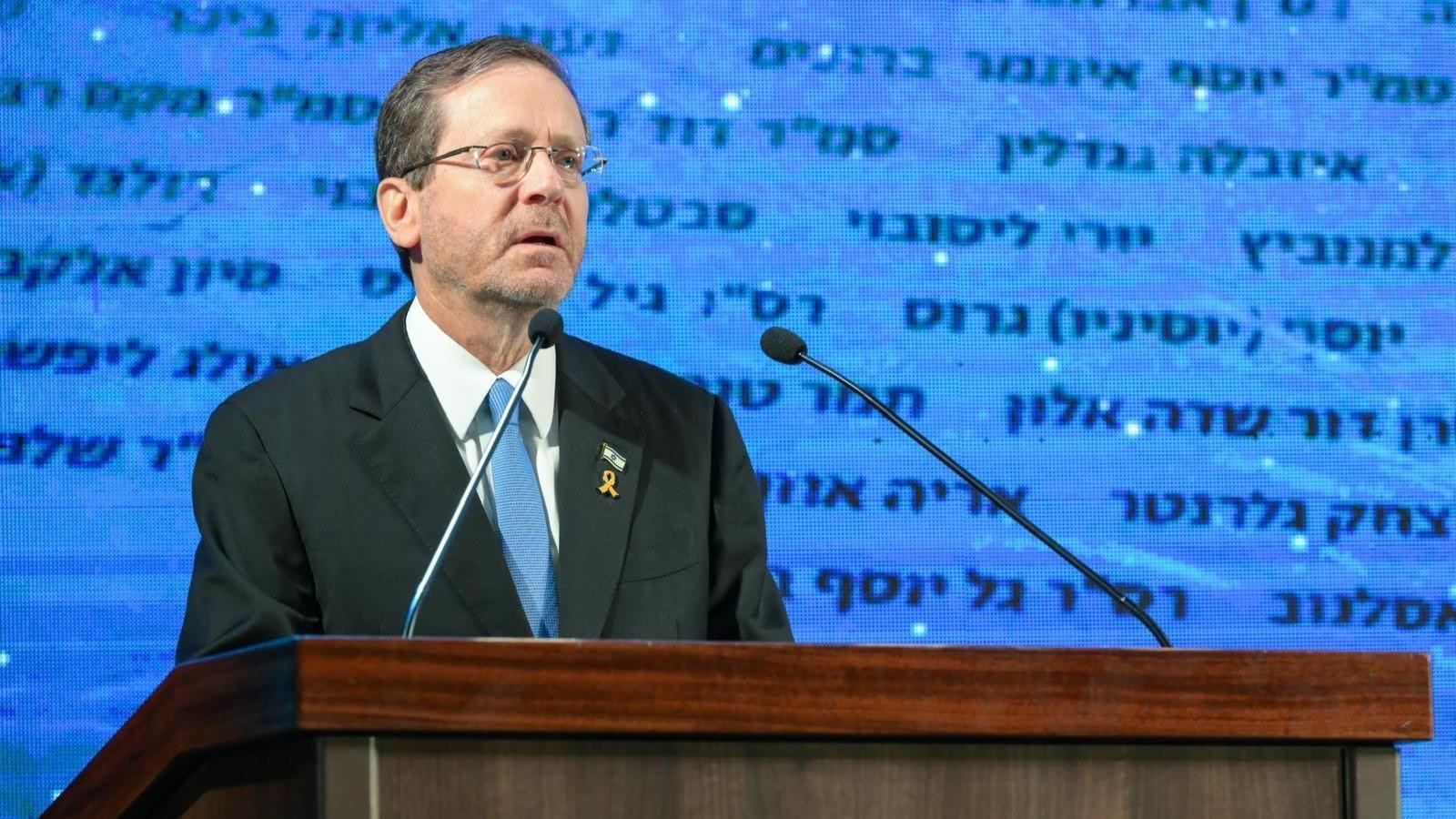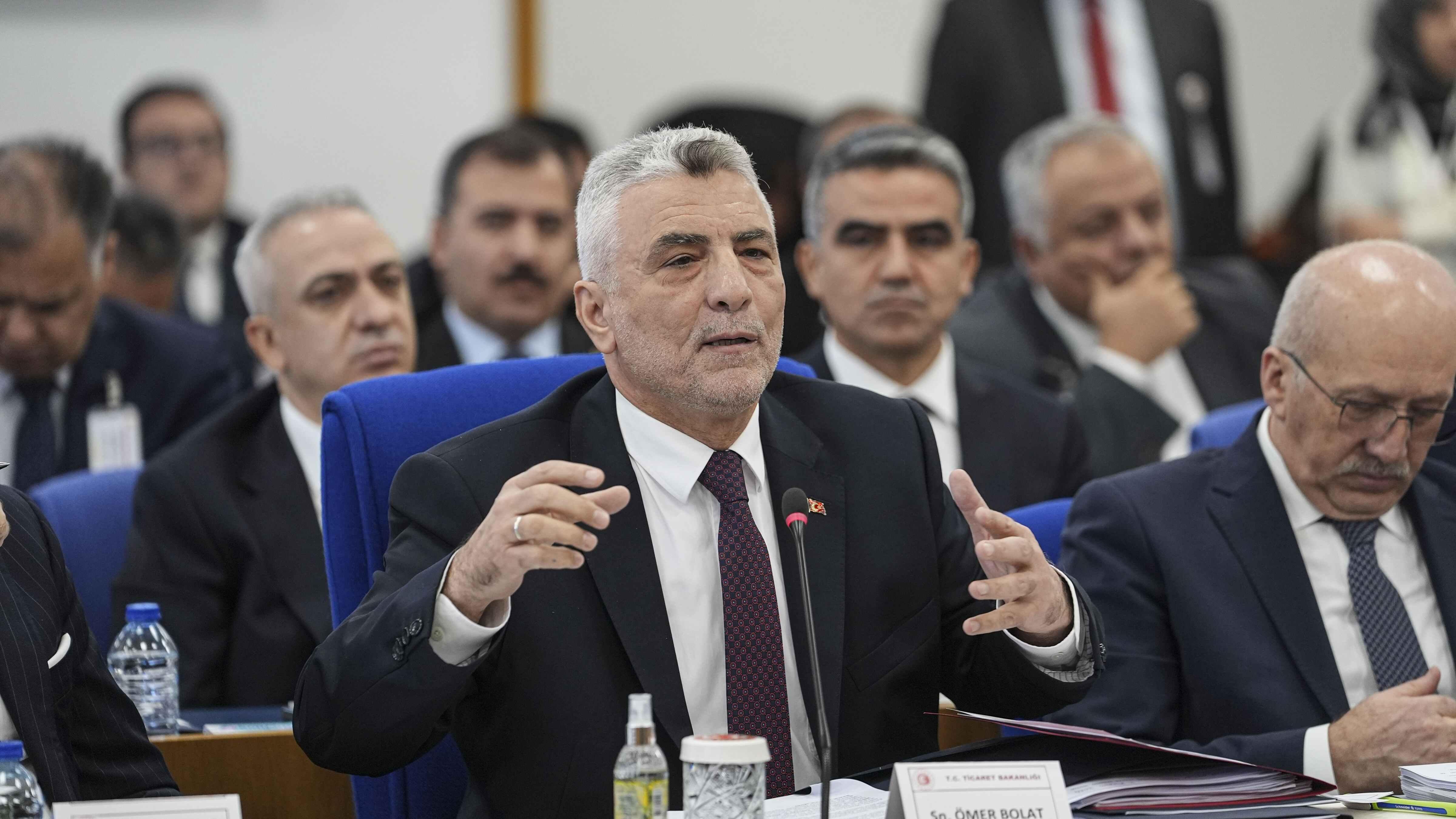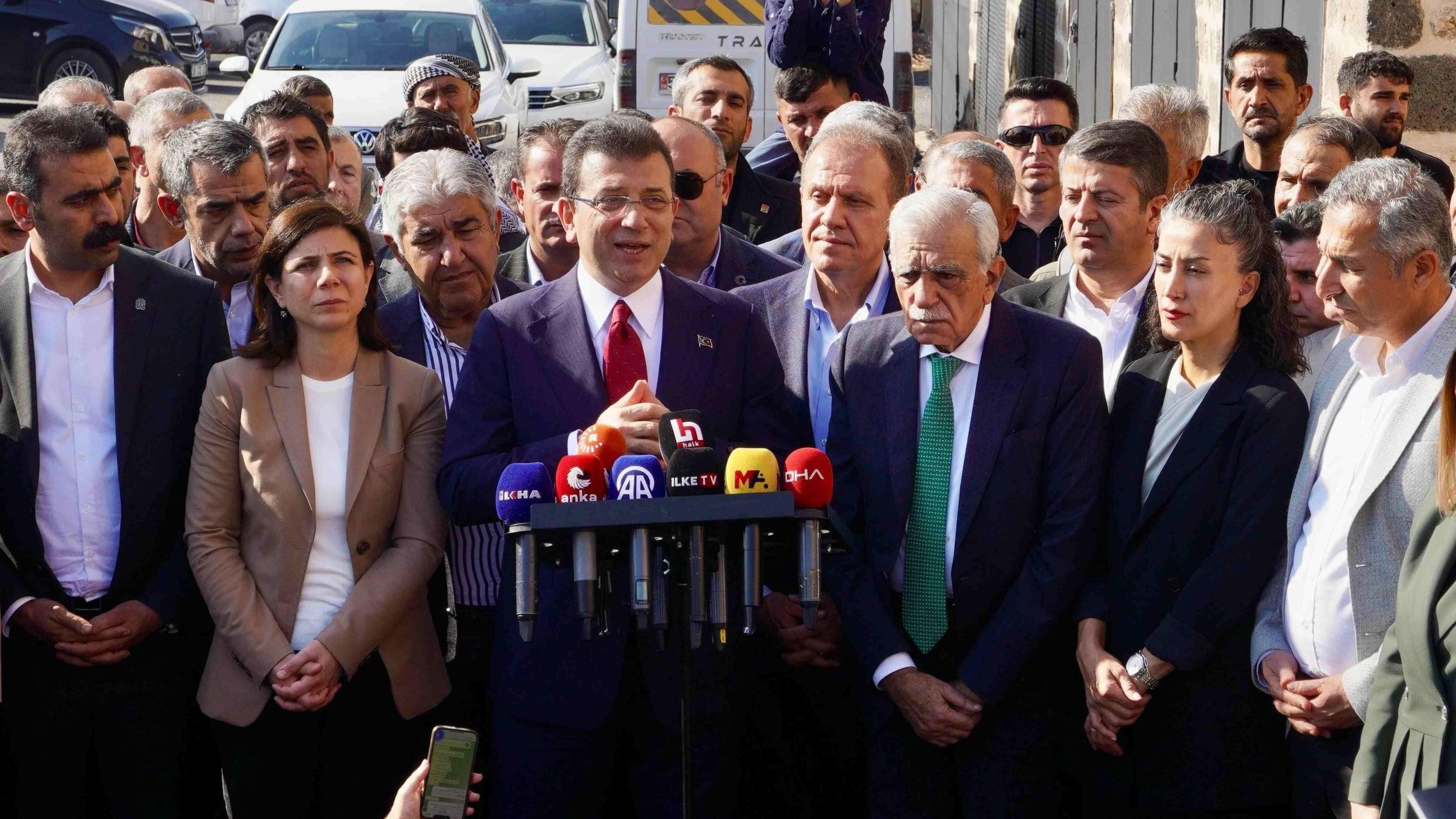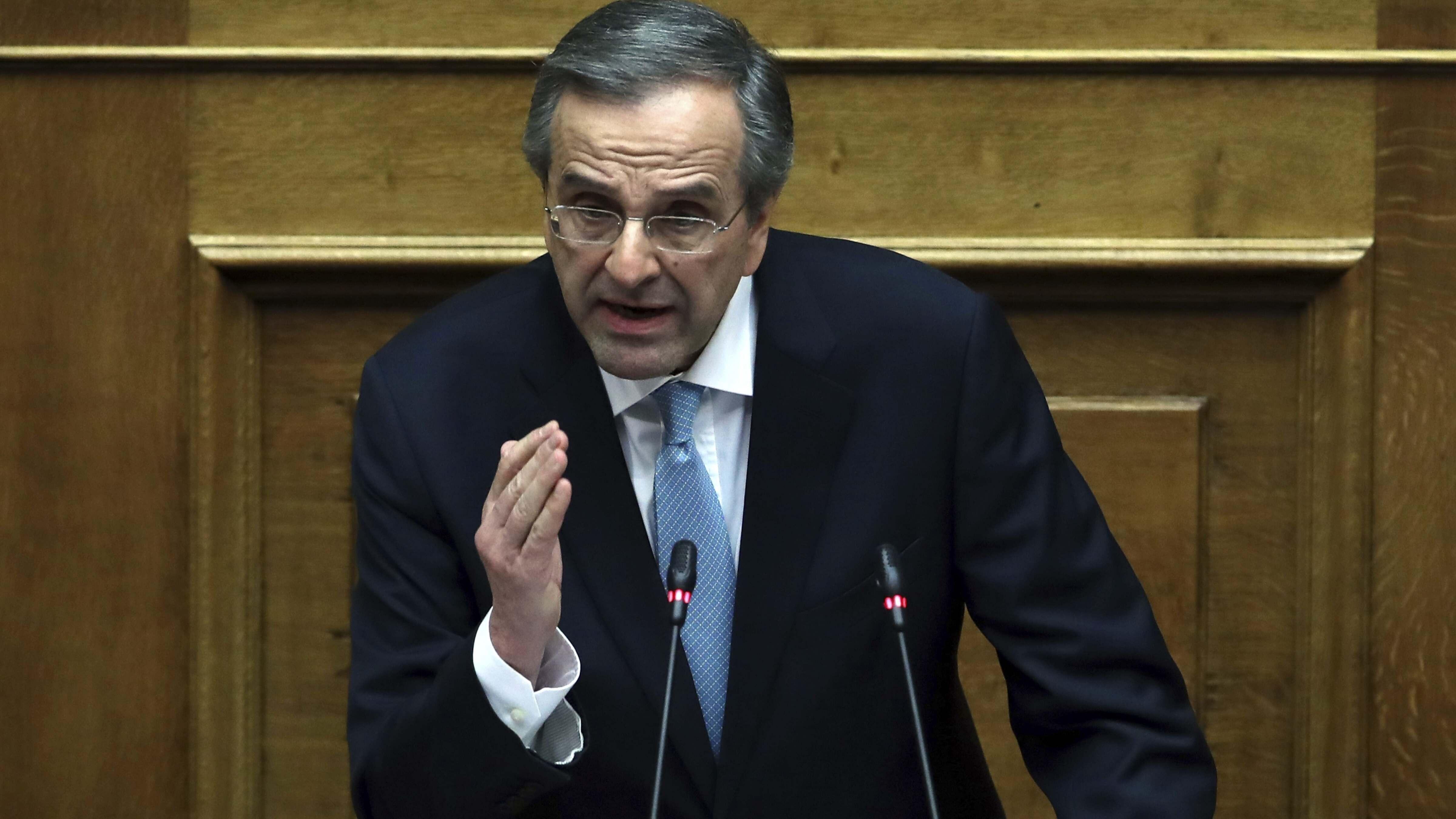Denktaş: A man alone on the ocean
On his death bed, the “old chubby man who devoted his life to the struggle of his people” – as he said he wanted to be remembered as such – was talking or whispering to his daughter. “What are we going to do with all those people to be displaced … How are we going to make territorial adjustments?” he asks.
His daughter replies back, “Don’t be bothered with such things now.”
“How can’t I? I have to! How will the displaced people be settled? Where?” he says.
The daughter insists, “This is not the time to talk of this, don’t be bothered with such things, rest now.”
The old man on his death bed replies with some inaudible words, apparently in Greek.
“Come on daddy … I don’t know Greek; say it in Turkish or English,” she implores.
“Tell them… Tell [Greek Cypriot leader Demetris] Christofias! This is an independent state,” he proclaims.
Then the old chubby man on his death bed starts singing a Turkish classical song, the song of him and his dear wife Aydın: “No one can love you more than I… Death is no problem, what I am bothered with is parting from you.”
Turkish Cyprus’ founding president, Rauf Denktaş, was that sort of a person indeed. For him, his people and the struggle of his people came before him and the family. He was long out of presidential duty. He was no longer the Turkish Cypriot negotiator at the Cyprus talks, yet even on his death bed, he was bothered with what was happening at the negotiations. Perhaps to the surprise of many people, when current President Derviş Eroğlu visited him during his almost eight-month-long illness, he always asked for a briefing on the talks.
He entered politics in the early 1950s as an “advocate” of the struggle of his people for equal rights, liberty and well-being. He became a leader of the Turkish world. He was a humble man. All through his leadership of the Turkish Cypriot people (from 1973 to 2005), it was not just the door of his office that always remained open to his people, but his heart as well.
Naturally, he had critics and die-hard opponents. “A leader needs to have a wide enough bosom to embrace everyone; the capability to forgive … because a leader needs to be the one who embraces everyone without discrimination,” he once said. Indeed, he was a leader determined not to give up like a lone man adrift on the ocean.
For him, the “struggle” was above everything, including family or his health. The struggle was first to achieve the rights and liberties and equal partnership of his people in the independence of Cyprus; later the struggle became a quest for a Cyprus settlement but also an attempt to consolidate the Turkish Cypriot state against any odd eventuality.
He would never give up and, indeed, did not give up – even on his death bed. Every minute was important for him, and he often said: “I am like a man who has been dropped into the ocean. I am compelled to continue swimming – I don’t have the right to give up!”
He never gave up.











